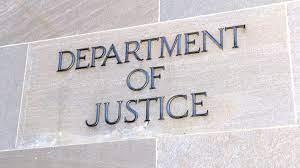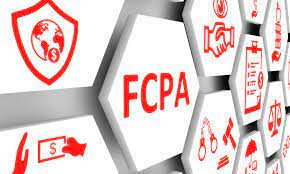DOJ Enters Whistleblower Sweepstakes — Plans to Implement Bounty Program (Part I of II)

The Securities and Exchange Commission has gained well-publicized traction through its formal whistleblower bounty program. Only a small portion of these whistleblower reports involve FCPA, anti-bribery allegations. Notwithstanding this fact, the SEC whistleblower program has been an unquestioned success.
Given this example, it is not surprising that the Department of Justice recently announced its plan to create its own whistleblower bounty program.
In a recent speech, on March 7, 2024, Deputy Attorney General Monaco announced that DOJ would be implementing in the next 90 days a new whistleblower program to reward reporting of criminal misconduct at both public and private companies. In particular DOJ will encourage reporting of potential violations of the Foreign Corrupt Practices Act (“FCPA”) and the recently-enacted Foreign Extortion Prevention Act (“FEPA”). AAG Monaco noted that DOJ will be particularly interested in “foreign corruption cases” involving “non-issuers and violations of the recently enacted FEPA,” along with criminal abuses of the United States financial system and domestic corruption cases.

In a follow-on speech on March 8, 2024, Acting Assistant Attorney General, Criminal Division, Nicole Argentieri, elaborated on DOJ’s planned FCPA whistleblower bounty program. AAAG Argentieri explained that the program will be modeled on the successful whistleblower programs, including the SEC, Commodities Futures and Trading Commission, Internal Revenue Service and FinCEN. DOJ’s program will address existing program “gaps” to include a direct channel for whistleblower reporting misconduct involving private companies and non-U.S. companies where FCPA jurisdiction can be established.
DOJ cited the benefits of a whistleblower program as a complement to its voluntary disclosure program, and incentivizes individuals to report misconduct in a timely manner.
DOJ’s whistleblower program will be implemented by the Criminal Division’s Money Laundering and Asset Recovery Section.
DOJ’s new program will be built around the following basic principles:
1. Whistleblowers will be paid for “truthful” information that was previously unknown to the government, and who were not themselves involved in the criminal scheme;
2. A financial reward will be paid only after all victims of the reported misconduct have been properly compensated;
3. A whistleblower may be compensated only where there was no existing financial incentive to disclose, such as a qui tam False Claims Act action or under another federal whistleblower program; and

4. A whistleblower will receive payment only when the monetary sanction imposed for the misconduct exceeds a certain threshold. The threshold amount has not been set and DOJ solicited input on the appropriate amount.
DOJ’s planned whistleblower program will have a significant impact on individual incentives to report financial misconduct. The focus of the program is significantly broader than just FCPA violations, extending to other significant financial abuse schemes. Most significantly, DOJ’s whistleblower program will expand potential reporting against non-issuer companies (e.g. private companies) and foreign companies that conduct business in the United States and fall within United States jurisdiction.















